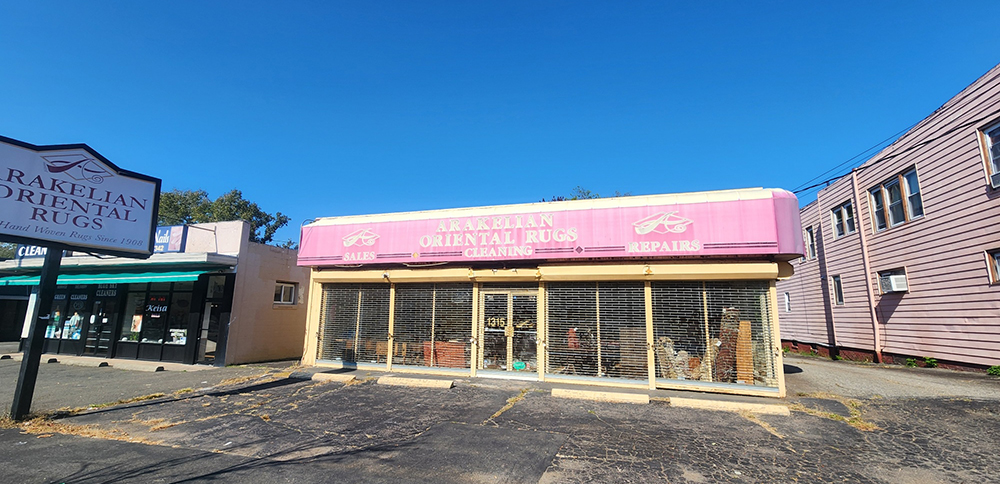Colonial Properties brokers two
New Haven sales totaling $1.66m

New Haven, CT According to Michael Richetelli, president and designated broker, Colonial Properties, Inc. has completed the following two transactions.
Richetelli and Kosta Eliopoulos, Realtor, were the sole brokers in the in the sale of 420 Middletown Ave. This 4,600 s/f freestanding commercial building on .74 acres was purchased by developer Mohshin Aldalali, for $1.225 million.
The property has been the home of the 91 Diner restaurant for almost 40 years. Aldalali intends to redevelop the property into a fueling station and convenience store.
The seller, Stavros Karadimos was represented by attorney Earl Temchin with Schettino and Temchin, Attorneys at Law in North Haven; the buyer was represented by attorney David Lasnick of Stamford.

Fred Messore, senior vice president/broker represented the seller, Loriana Properties, LLC in the sale of 1313 Whalley Ave. This 3,200 s/f freestanding retail building on .24 acres was purchased by City Restorations LLC for $435,000.
It was the home of Arakelian Oriental Rugs, a third generation owned business established in 1908 that had been operating at this location for the past 70 years.
The buyers broker was Jack Hill with Seabury Hill Realtors. The seller was represented by attorney Stuart Margolis with Berdon, Young & Margolis, PC in New Haven; the buyer was represented by attorney Ariana Ceneviva with Ceneviva Law Firm LLC in Meriden.
“These two sales represent the high demand for quality, well-located commercial properties. After having successful businesses operated for many decades, both sites will be repurposed for new uses,” said Richetelli.
Atlantic Property Management expands facilities maintenance platform: Assigned two new facility management contracts in RI


New Quonset pier supports small businesses and economic growth - by Steven J. King

Tenant Estoppel certificates: Navigating risks, responses and leverage - by Laura Kaplan

Unlocking value for commercial real estate: Solar solutions for a changing market - by Claire Broido Johnson


 (1).png)







 (1).png)
